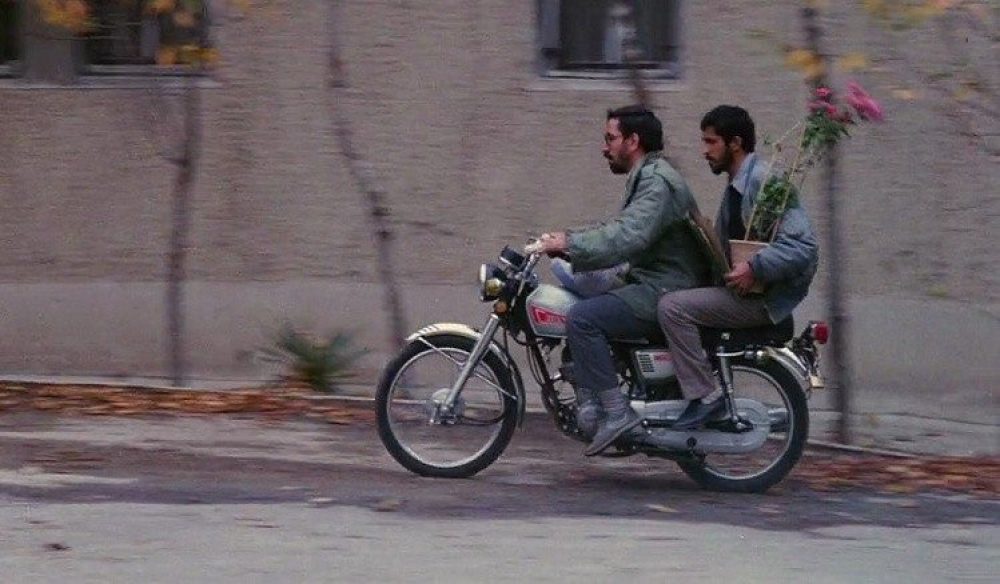Abdolkarim Soroush was a follower of the line of thought largely generated by Karl Popper’s distinction between what he called “science” and “pseudoscience,” which revolutionized many rationalist European, American, and Islamic lines of thought, as well as the evolution of the philosophy of science, most notably during the time when the evolution of science itself was causing unforeseen challenges in the world in the technological world, with the rapid development of the atomic bomb occurring contemporaneously with Popper’s popularization. Soroush, like Popper, renounced Iranian Marxism as a result of this extremely calculated stance on ideology and science. Most interestingly, Soroush remained a devout Muslim for the remainder of his life, and wrote many of his books on Islam and religious belief within a philosophical mindset. The existence of “Soroushes” in the world, especially in extremely culturally devout countries like Iran, at least partially shows the ignorance with which the world “accepted to” modernity’s wager. As stated by Secor, Soroush, “as a man of faith, he had been educated to believe that man was immersed in an ocean of certainties, floating from one to the next. But as a student of philosophy, he came to see that instead a person drifted from conjecture to conjecture, doubt to doubt” (Secor 62). Soroush later emphasized the distinction between religion itself, which is perfect and eternal, and religious belief, which is, while well-founded, fallible and incomplete. All this is to say that while the West dove headfirst into a dichotomy between putting one’s belief in the sacred and putting one’s faith in one’s own authority (that infamous wager), Iran wrestled with the epistemological claims of infallibility; of religious belief as a thing to put faith in through the authority of the self, at least partially.
